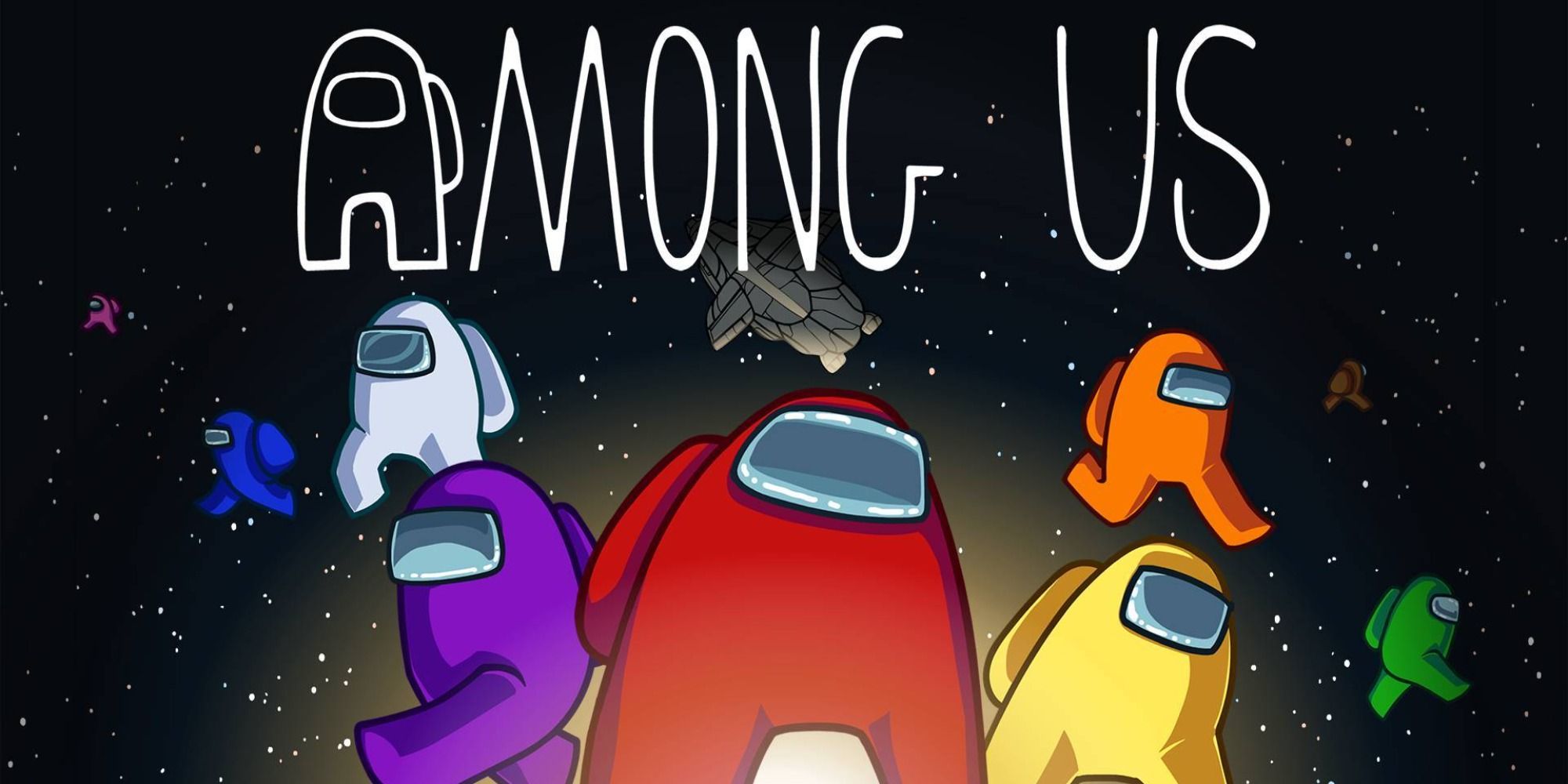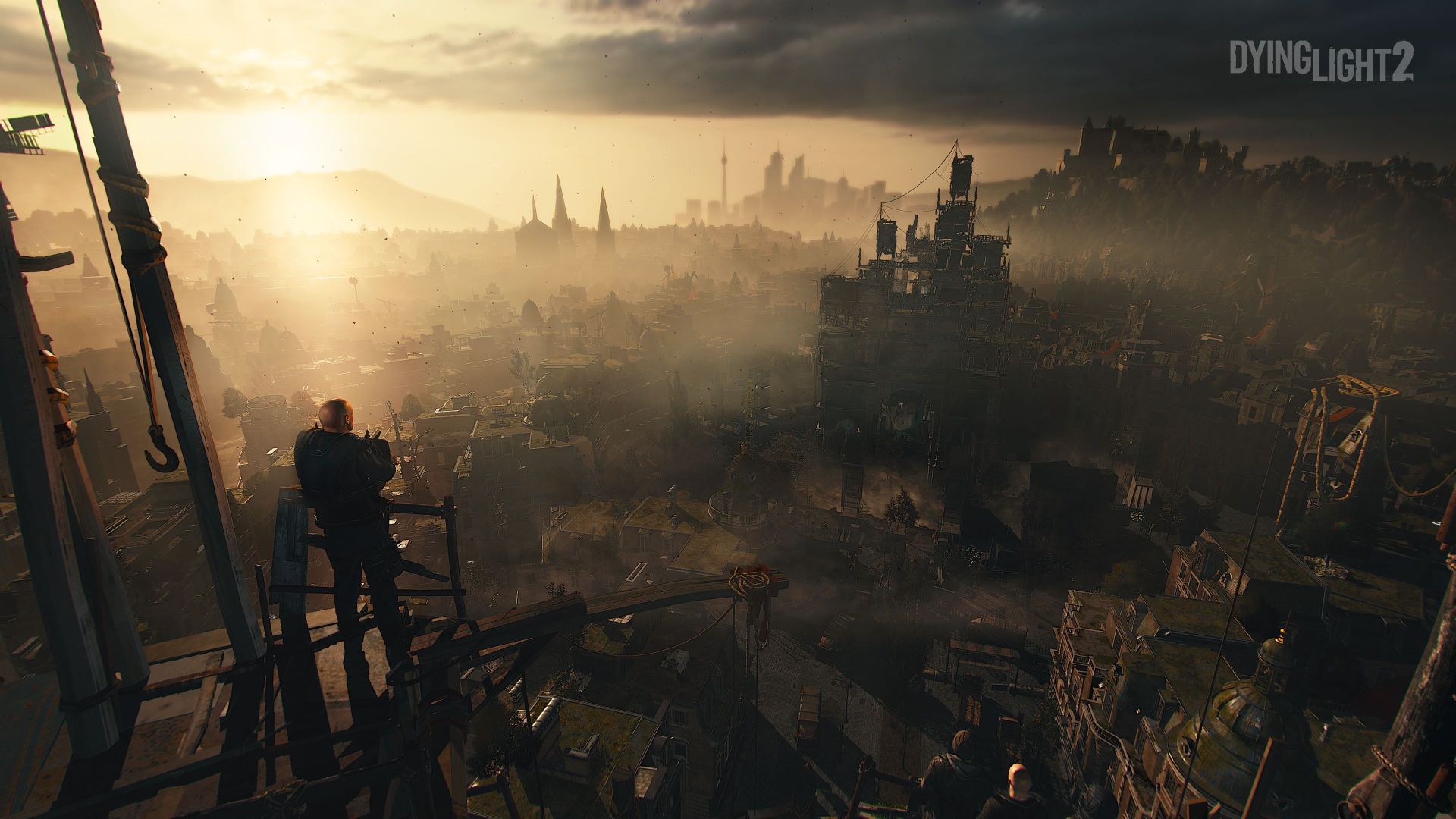
Thanks to Unreal Engine, Epic Games has always been a big fish. These days, with Fortnite and the Epic Games Store, it’s a blue whale – it just swims along, mouth agape, and doesn’t even realise how many shoals it gobbles up along the way.
Fortnite itself had humble beginnings, starting as a game jam idea after the release of Gears of War 3. The jam didn’t exactly produce Fortnite, but it gave birth to the concept of Minecraft via a shooter. When it launched as an Early Access game in 2017 as Fortnite: Save the World, it was an original game – a co-op shooter where you hold back waves of zombies with guns, traps, and constructions. It took a long time to develop – switching game engine and art style along the way – and landed with little fanfare.
Related: Among Us Devs React To Fortnite's New Impostors Mode, Confirm There Is No Crossover
At the same time, PlayerUnknown’s Battlegrounds (PUBG) was becoming a worldwide phenomenon. Starting life as a mod for military sim ARMA 2, PUBG gave birth to a genre, selling over 5 million copies within three months of its release. Epic Games saw this success and replicated it, creating its own battle royale mode within Fortnite over the course of a few months. A combination of Fortnite’s battle royale portion being free-to-play and Epic Games having the resources to port to console first ensured that Fortnite quickly outgrew the competition. Fortnite reached the 10 million player milestone within two weeks, bloating up to 125 million players by the time the Nintendo Switch version came out.

Fortnite is a powerhouse, unlike anything the game industry has seen before. It has collaborated with superstars and franchises, becoming a kind of Funko Pop in video game form. If you want to pit Batman against Wolverine, the xenomorph from Alien, or Star Wars characters, Fortnite is the only place you can do that. Following a recent Ariana Grande concert that took place within the game, Fortnite’s chief creative officer, Donald Mustard, put out this tweet:
In the tweet, Mustard used the hashtag #BlueOcean, which is a reference to a business strategy of opening up a new market space. Epic Games sees itself as alone in this ocean, its stomach full of tiny fish, while the competition sits in a red ocean apart. It has created and captured an unknown market space, thanks to innovation in how it deploys updates and in-game events. The game constantly evolves, and there’s always something for players to come back to. That’s why it’s difficult to stomach some of Epic’s other moves.
Fortnite already owes its success to an indie game – PUBG. Over the years, Epic has also been accused of stealing dance moves to use as emotes. These emotes are purchasable in-game, so Epic directly profits from them. Fortnite’s “Impostors” mode is just the latest in a series of creative heists.
Video games are built on borrowing. Assassin’s Creed’s towers have found their way into Zelda, and Halo standardised the control scheme for modern shooters. It happens all the time, and that process is key to progress in the industry. All works are built on what came before, but these creative influences usually stop short of copying an entire game. Fortnite’s “Impostors” mode is a carbon copy of Among Us, an indie hit from Innersloth.

Among Us itself was inspired by John Carpenter’s The Thing and a party game called Mafia. It’s a game where players have to work together while secret killers hide in their midst. These players are called Impostors. When players suspect someone of being an Impostor, they call a meeting, pause their tasks, and accuse those they believe to be guilty. Either the Impostors kill the other players in secret, or the good guys root out the baddies.
Innersloth started as a team of just three people, and that team has worked hard for years to make Among Us a success. The game was originally released in 2018, but it didn’t become popular until two years later. With Innersloth gearing up for Among Us console ports, Fortnite: Impostors is PUBG all over again. The cynic in me thinks the timing is purposeful – an attempt to take the Among Us market on consoles before the devs at Innersloth have the chance. It’s grim.
Fortnite: Impostors is exactly the same as Among Us. There are two Impostors – it’s the same terminology – and the other players have to complete tasks and call meetings to oust them. Even the maps are similar:
Among Us might be successful now, but it was a slog to get here. It launched in 2018 and received next-to-no recognition at all until it became viral by happenstance on Twitch in 2020. This feels like a punch down from a company that’s already accessed the infinite money cheat in life. The Among Us devs even tried to work with Epic on an official collaboration with Fortnite, but Epic decided to do this instead.
Over the past couple of years, Epic has attacked Valve for its revenue split model on Steam, seemingly attempting to help developers get a better deal on digital game sales. Fortnite: Impostors makes that righteous fight with Valve about fairness seem hollow – you’re essentially stealing an indie dev’s lunch money. Considering Ariana Grande will earn an estimated $20 million for a 15-minute concert, it’s not like the company needs it.
Next: Developers Need To Learn From InnerSloth



